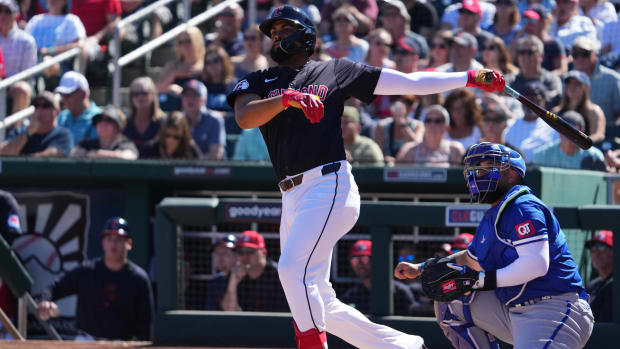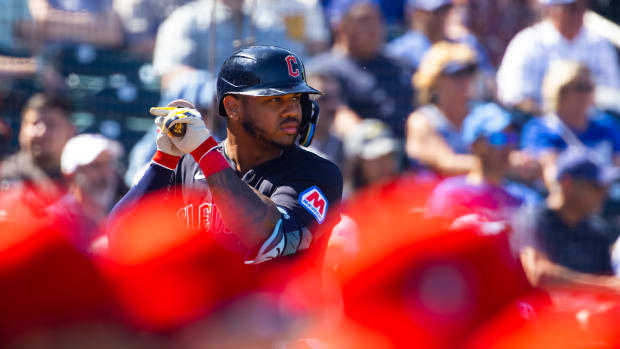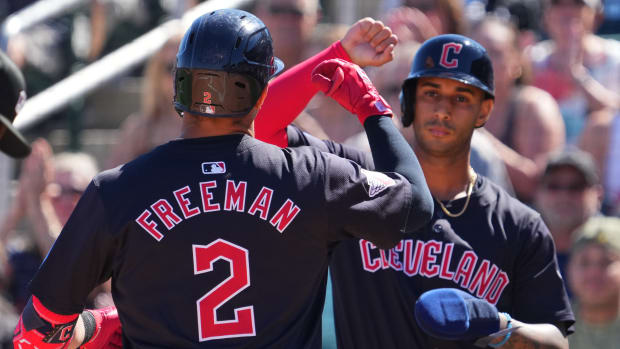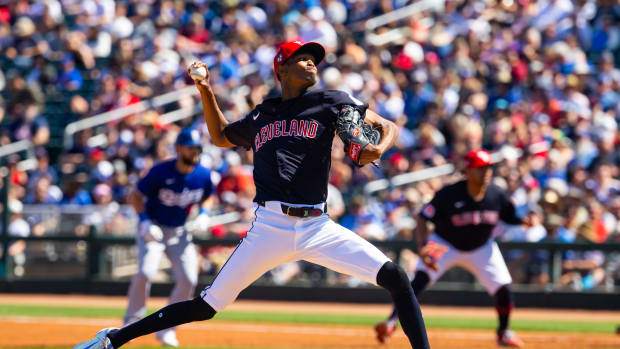Baseball Needs Financial Fair Play

This week, Manchester City was served an unprecedented punishment for violating European soccer’s Financial Fair Play rules, including a $30 million fine and a two-year ban from the UEFA Champions League, the sport’s most lucrative competition.
An independent board will hear City’s appeal and may reverse the punishment, but we can at least agree that extensive punishment for cheating seems like a novel concept, no?
There are few measures on the purely capitalist structure of American sports, including Major League Baseball. Due to media rights deals especially, teams at the highest levels of American sports rarely struggle to make money in 2020. While soccer clubs are largely independent and loosely affiliated with their respective leagues, American teams are basically shareholders in their closed leagues, keeping each other afloat.
This was the major difference in American and European sports for the better part of 100 years, as American leagues were always set to maximize profits, whereas European soccer was set to maintain the utility of the sport as a whole, all the way down the pyramid. That changed in 1992 when owners in England broke off to form their own Premier League and replicated the business model and marketing strategy of the National Football League.
Financial Fair Play was instituted by UEFA, the governing body of the European game, in 2011-12 to curb irresponsible spending by less affluent clubs that put them in long-term risk of extinction. Obviously, with no threat of relegation and the presence of revenue sharing, even the most frugal MLB organizations have no such need for these safeguards. Teams are more likely to profit by not spending with the bigger markets and thus have less incentive to do so.
Yet FFP has another purpose: To stop billionaire benefactors from pouring money into player wages, furthering the gulf in talent between big clubs and small ones. Penalties assessed for breaking FFP rules can be fines and bans from competitions, like those handed out to Man City, as well as transfer bans, the equivalent of free-agency bans in the U.S.
If you are unfamiliar with Financial Fair Play rules – and even many savvy soccer fans are – the main demand is that teams balance their budgets and cap their losses at around £105 over a three-year period. By demanding that teams not spend well and above what they bring in over an extended period, the playing field is evened out in regard to financial backing.
There are plenty of reasons why something resembling FFP will likely never reach Major League Baseball, one being that the clubs therein would immediately be forced to show their books. That would put an end to cries of poor and suppression of wages. Considering baseball owners have been found guilty of collusion, among other previous transgressions, transparency is not going to appear overnight.
What similar FPP rules in baseball would provide is a soft cap, as well as a window of competitive expectation to incoming owners. Teams could use their revenue projections to allocate budgets over the course of the binding three-year window, not too unlike how any business operates currently, but with the ability to prove their standing.
While the current MLB luxury tax provides a salary cap of sorts, it only affects the upper tier of teams in large markets. It also does not create a salary floor, which has become as much of an issue as the high-end spending, if not a larger one.
As the Cleveland Indians insinuate they cannot afford to sign the most valuable player in their history, the neighboring Pittsburgh Pirates are flirting with a $50 million payroll to open 2020, eliciting more cries for a salary floor.
Pulling from the idea of Financial Fair Play, what could be more agreeable than a salary floor is a revenue-spending floor. While the former binds each team but only affects the bottom few, the latter is unique to each team relative to the money they generate via TV deals, sponsorships, and ticket sales, just like club soccer. If a team like the Indians and their top regional-TV ratings continue to generate elite viewership, they will be in a better position to spend relative to their competitors.
At least once they re-negotiate their TV deal somewhere between 2022 and 2027.
With European nations being the size of American states, market sizes are a much bigger issue on this side of the Atlantic. Larger markets will yield larger TV deals and higher ticket sales. Neither the current version nor this proposed outline would change that, and the inherent advantages provided by them.
What it would provide is transparency, accountability, and equity. All three are needed in the sport more than in two decades.





